An exciting exhibition at National Design Centre offers visionary possibilities for distributed healthcare spurred by emerging technologies.

Healthcare 2030: The Future of Distributed Healthcare exhibition at National Design Centre. Photography by Joanne Wong.
March 22nd, 2022
What if insects could help us manage diabetes? What if every neighbourhood could be dementia friendly? What if you could travel from airport to airport for healthcare? These questions form the premise of Healthcare 2030: The Future of Distributed Healthcare exhibition, showing at National Design Centre till 7 May 2022.
Produced and presented by the students of the Division of Industrial Design and Department of Architecture at the National University of Singapore (NUS), the exhibition showcases five design solutions – ranging from an airport-medical facility to physiotherapy at parks – created as part of their coursework for the Philips-NUS Studio in 2021.
By tapping on increased globalisation and lower cost of travel, HealthAir rethinks the current medical tourism and imagines a network of health systems amongst countries with medical facilities attached to airports for greater access to affordable and high-quality services. A medical wing is introduced to Terminal 4 of Changi Airport, while a medical app better facilitates patients’ onboarding process.
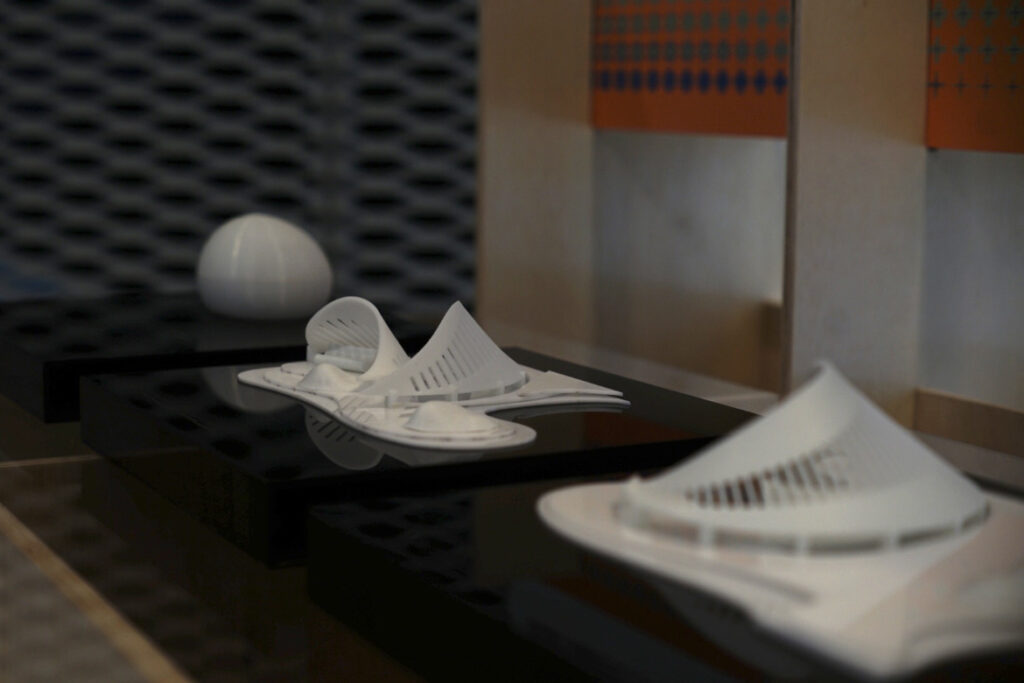
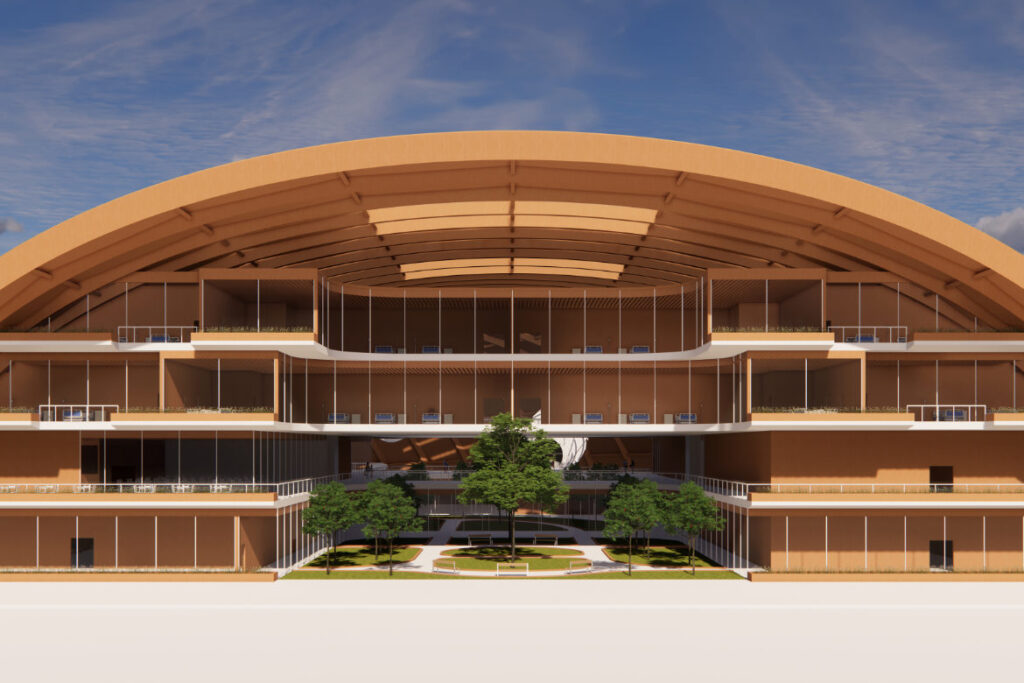
Meanwhile, Forget Us Not is sparked by Singapore’s rapidly ageing population and increased risk of dementia, wherein one in ten people above the age of 60 suffers from it. The project seeks to create inclusive dementia-friendly neighbourhoods using sensors that collect environmental data, which help with detection, diagnosis and progression of the neurological disease.


Similarly, The Nest promotes mental health well-being and identifies early symptoms of depression through the constant collection of data in our environment. The project has three interventions that complement one another: ‘Bao’ the smart companion; Artificial Intelligence (AI) trained mood support; and a series of flexible social spaces around the neighbourhood which are curated for different kinds of engagements.


“These interdisciplinary design solutions were conceived as we researched and worked to address the challenge to explore healthcare as a distributed system in different contexts such as in transit spaces, in the community and in homes,” says Joanne Wong, exhibition organiser and a Year 5 Student at the National University of Singapore’s Department of Architecture. “With the guidance of Philips’ experience designers who co-taught at the Philips-NUS Studio and our lecturers, we’re envisioning a human-centred healthcare system which traverses different scales and experiential touchpoints.”
Wong’s exhibit, The Diabetic Care Hub attempts to offload diabetic prevention and management from hospitals to interconnected satellite care hubs within Singapore’s Park Connector Network. AI and augmented reality technology, inform, incentivise and promote active living and personal involvement.

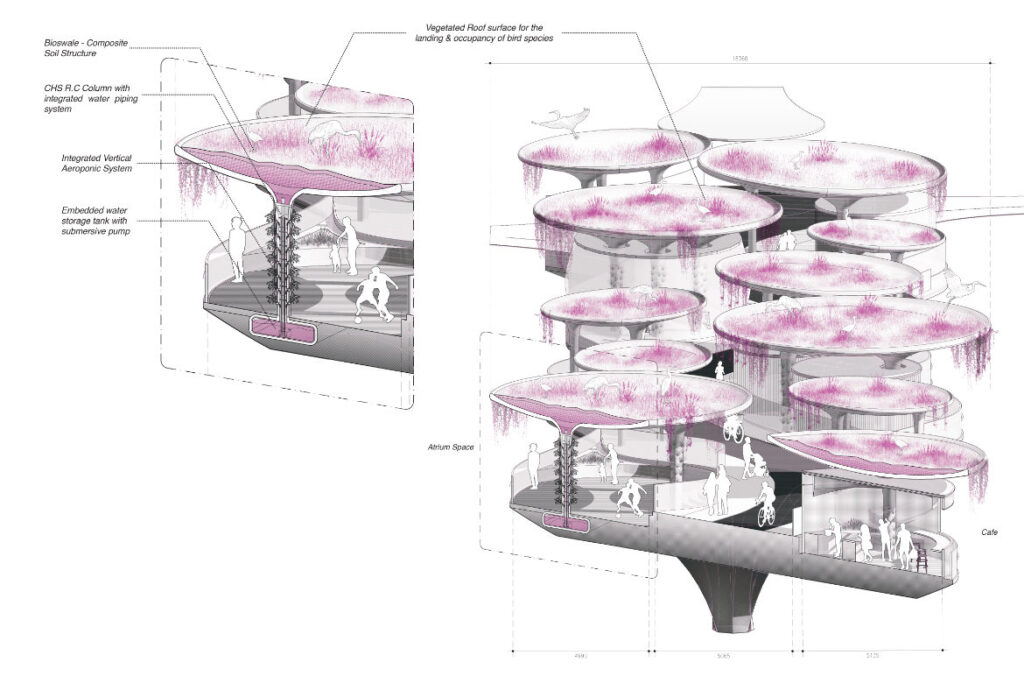
Another project that sees parks as an ideal environment for decentralising healthcare is FYSIO; simply by reframing physiotherapy as something fun and interactive while tapping into neighbouring communities and healthcare providers as a source of social support.
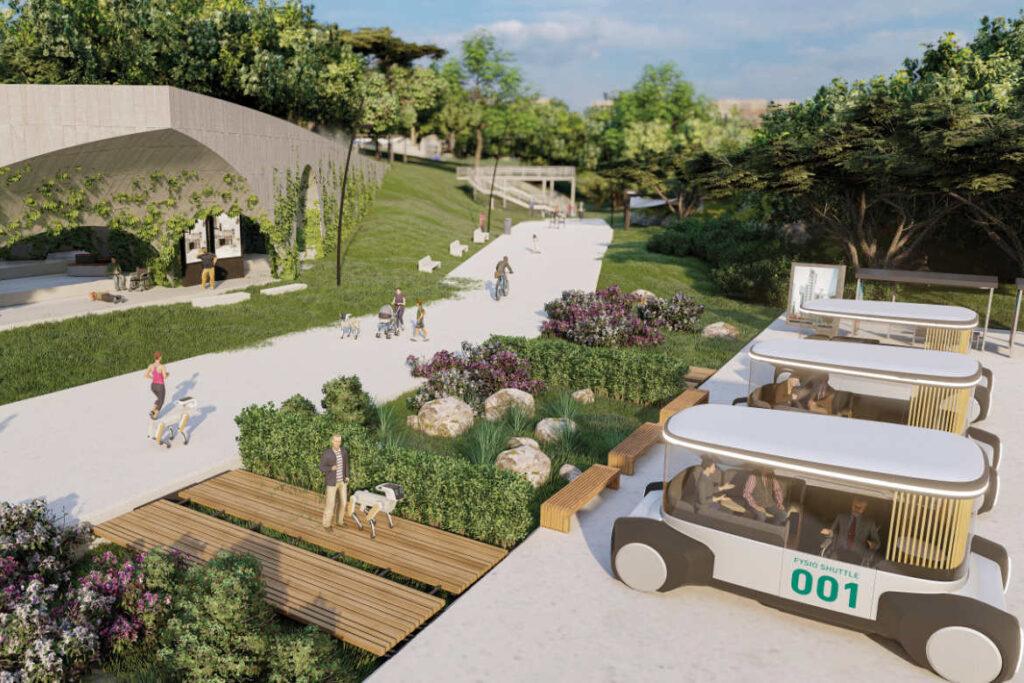

“The innovation and empathy expressed by these students in their healthcare solutions are inspiring and promising,” says Mark Wee, executive director of DesignSingapore Council. “Through this exhibition, we hope that the public would discover how design can transform healthcare and improve lives.”
Admission to Healthcare 2030: The Future of Distributed Healthcare is free from 9am to 9pm daily.
INDESIGN is on instagram
Follow @indesignlive
A searchable and comprehensive guide for specifying leading products and their suppliers
Keep up to date with the latest and greatest from our industry BFF's!
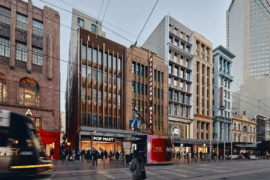
Merging two hotel identities in one landmark development, Hotel Indigo and Holiday Inn Little Collins capture the spirit of Melbourne through Buchan’s narrative-driven design – elevated by GROHE’s signature craftsmanship.
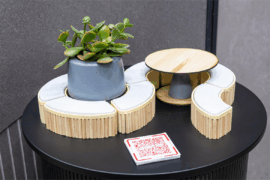
From the spark of an idea on the page to the launch of new pieces in a showroom is a journey every aspiring industrial and furnishing designer imagines making.
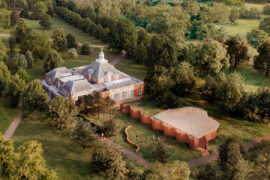
Mexican architecture studio LANZA atelier has been selected to design the Serpentine Pavilion 2026, which will open to the public in London’s Kensington Gardens on 6th June.
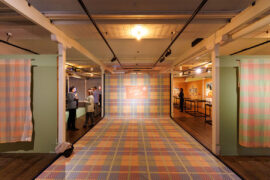
At the National Wool Museum, a new exhibition traces the evolution of Godfrey Hirst and its long-standing role in shaping Geelong’s industrial and design identity.
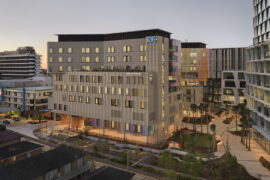
BLP’s new Sydney Children’s Hospital, Randwick building brings together paediatric care, family-centred design and Australia’s first Children’s Comprehensive Cancer Centre in a major addition to the Randwick Health & Innovation Precinct.
The internet never sleeps! Here's the stuff you might have missed

Designed by RADS, the space redefines the lobby not as a point of passage, but as a destination in itself: a lobby bar, a café, and a small urban hinge-point that shapes and enhances the daily rituals of those who move through it.

Jason Gibney, winner of the Editor’s Choice Award in 2025 Habitus House of the Year, reflects on how bathroom rituals might just be reshaping Australian design.